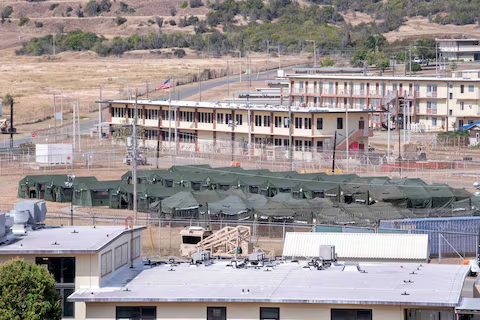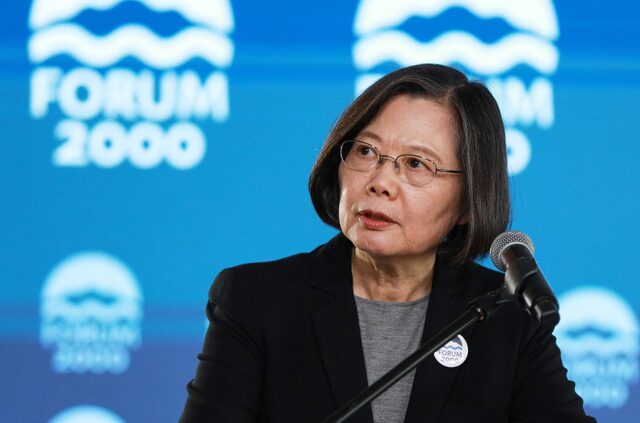Pierre Poilievre and Canada’s Conservative Party have won a decisive victory in the country’s federal election, defeating Liberal leader Mark Carney and ending nearly a decade of Liberal rule. The election results, announced on April 28, 2025, signal a rightward shift in Canadian politics, driven by voter discontent over economic pressures, housing affordability, and immigration.
“Canadians have chosen common sense over chaos,” Poilievre said in his victory speech. “We will bring home safe streets, lower prices, and a government that puts you first.”
With the Liberals losing power after holding office since 2015, outgoing Prime Minister Justin Trudeau formally stepped down earlier this year, paving the way for Carney’s short-lived leadership of the Liberal Party.
A Conservative Resurgence
The Conservatives secured a parliamentary majority, winning key battlegrounds in Ontario, British Columbia, and suburban Quebec, areas where affordability and public safety were top concerns. Poilievre’s campaign focused on a populist message of economic relief, cutting government waste, and reducing immigration levels.
In contrast, Carney, a former Bank of Canada and Bank of England governor, ran on a platform of economic stability, green investment, and defending liberal democratic values, but failed to connect with voters amid rising frustration over inflation and housing crises.
“We respect the voters’ choice,” Carney said in his concession. “But our fight for fairness and opportunity continues.”
Economy and Immigration Take Center Stage
Voters cited skyrocketing living costs, rising interest rates, and immigration pressures as their top concerns, with Poilievre pledging to slash taxes, streamline home-building, and restore fiscal discipline. He also promised to reduce Canada’s annual immigration targets, blaming the Liberal government for stressing housing and healthcare systems.
Poilievre’s critics accuse him of dog-whistle politics and fear his tough-on-crime and anti-central bank rhetoric may polarize national discourse. Still, his message resonated in a country where trust in public institutions has sharply declined.
Global Reactions and Policy Shifts Ahead
International observers are watching closely to see how Poilievre reshapes Canada’s foreign policy, particularly regarding climate commitments, China, and relations with the United States. While the new prime minister has pledged continued support for Ukraine, he has also hinted at reviewing Canada’s carbon pricing scheme, which could diminish Canada’s climate leadership profile.
Business leaders welcomed the election outcome, predicting a more market-friendly government that could accelerate energy investments and deregulation.
What to Expect Next
- Cabinet appointments are expected within the week
- Parliament will reconvene for a speech from the throne outlining Poilievre’s legislative agenda
- Possible early moves include repealing Liberal-era carbon tax laws, launching an affordability audit, and overhauling immigration targets
The 2025 Canadian federal election marks a political sea change, with voters choosing a Conservative government amid deepening economic anxieties. As Poilievre takes office, his leadership will be tested by the very issues that brought him to power — and by how he balances populist promises with policy delivery in a divided country.
Source: CNN



